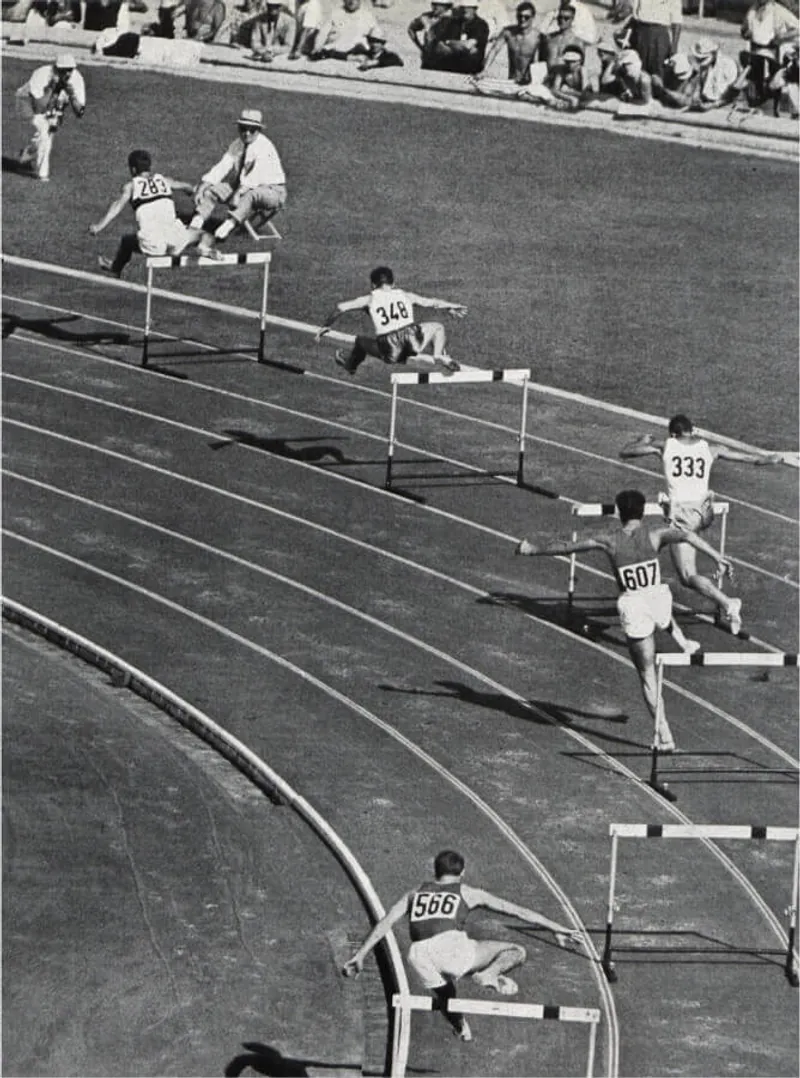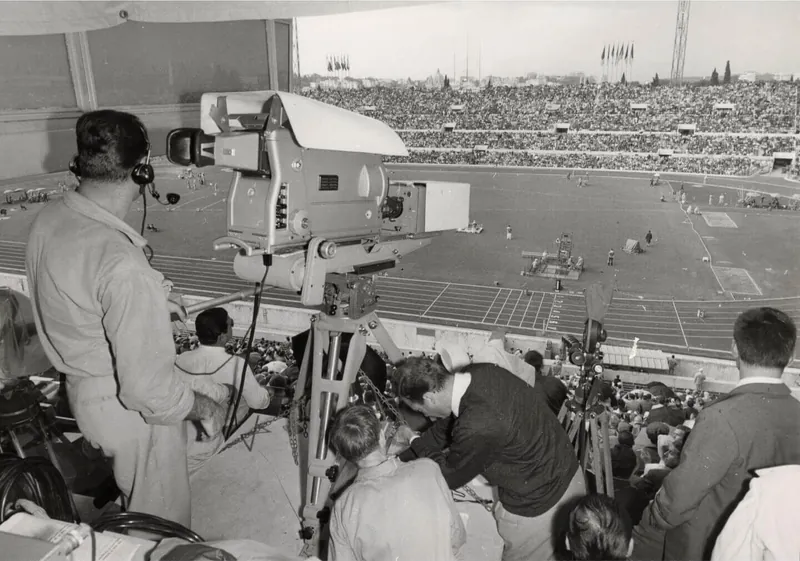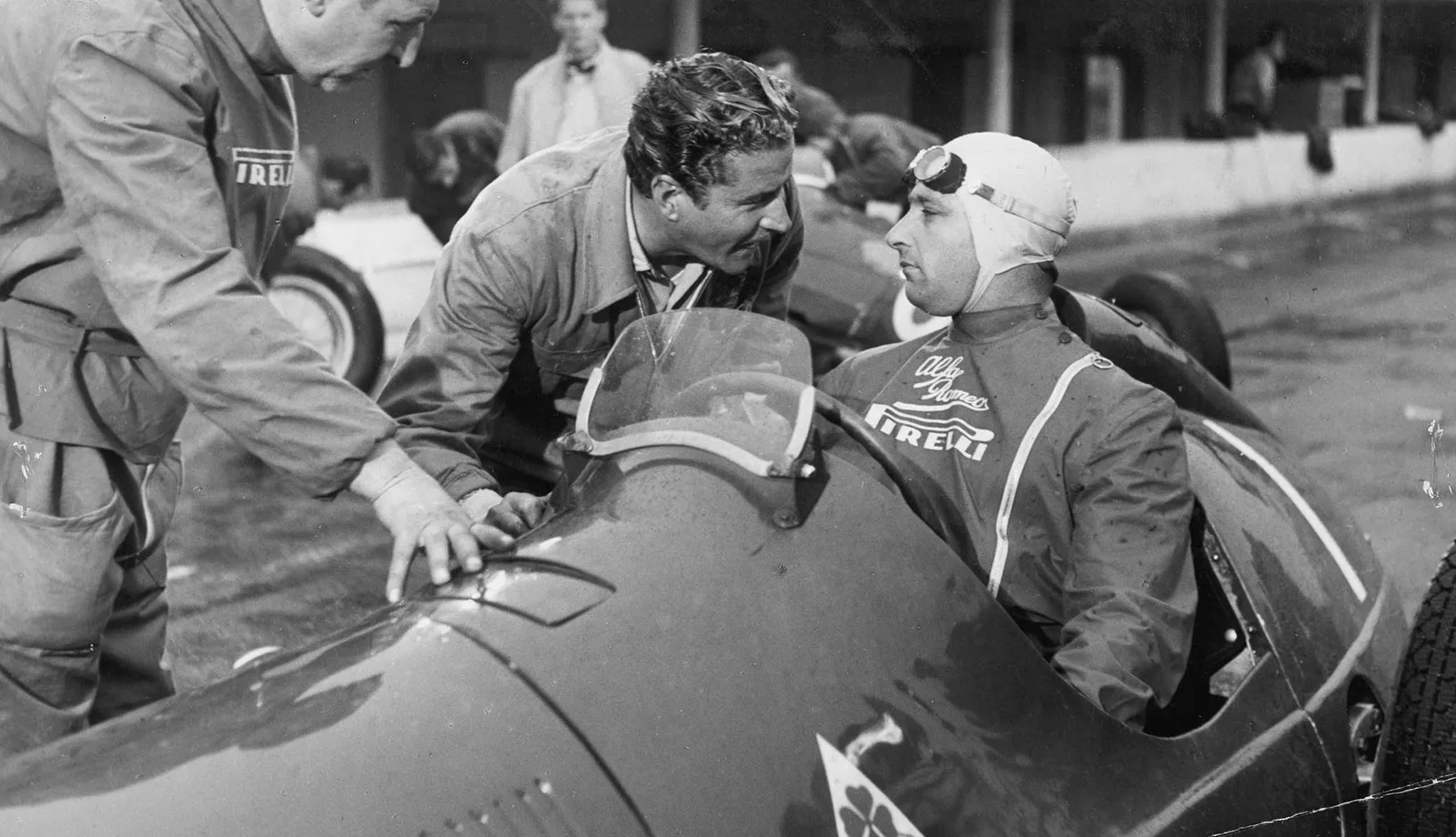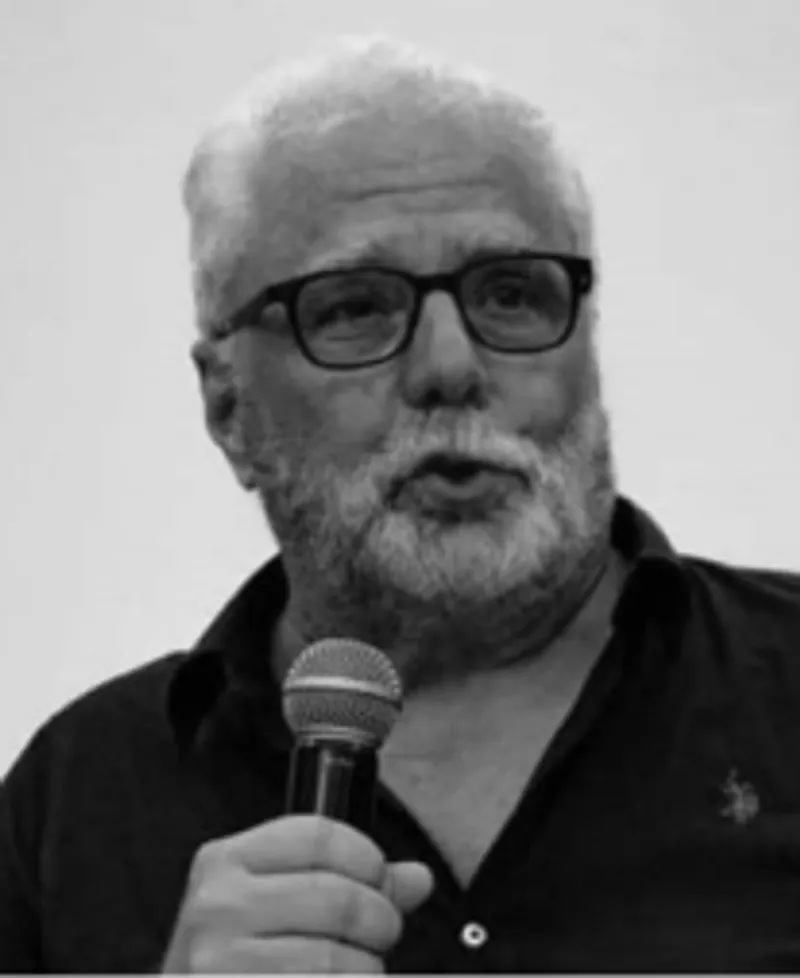The Passion for Writing About Champions and Dreamers
The pages of great authors (Arpino, Brera, Soriano, etc.) describe, through competitions, the qualities of women and men who have left their mark on our feelings.
Thanks to Arpino, in short, writing about football, cycling, boxing and basketball was suddenly transformed into a way of assessing competition through sports: not just the technical qualities of a man and a woman, but also the character of a nation, a pretext for reasoning about poetics and sociology, anthropology and even metaphysics.

Today we still owe Arpino the best novel about football: Azzurro tenebra, The first edition was published by Einaudi in 1977, with a picture of Giacinto Facchetti on the cover. It was set in the 1974 World Cup in Germany, with the disheartening exit of Ferruccio Valcareggi’s national team in the first round. We witness an authentic human comedy, between darkness and honey, the poor in spirit, troubled or noble characters. The protagonists are Arp (the author himself) and Il Vecio (Enzo Bearzot, Valcareggi’s deputy and future coach of Italy’s winning World Cup team in Spain in 1982). Of his book, Arpino commented: ‘I consider myself a non-Italian writer, who uses his own language ever less. Azzurro tenebra is untranslatable’.
Arp did not restrict himself to football.
We have his masterly reports, for example, on motor sports (Of Enzo Ferrari: ‘Yes, it’s true, they call him “il Drago”, but only if he’s at least thirty meters away. Otherwise, everyone addresses him by the title that comes most naturally: ingegnere, commendatore or presidente. His face cut out of very pale marble, Enzo Ferrari either remains silent or lets himself go in deep confidences, hemming in the person he’s talking to in a network of extraordinary memories.’) Still other examples are the pages on Augusto Manzo, an ace of pallapugno, a form of handball, the sport of the Langhe loved by Beppe Fenoglio and Cesare Pavese. Or his account of the historic boxing match in Kinshasa in Zaire, on 30 October 1974, between Muhammad Ali and George Foreman. It was won by the former, a champion who preferred prison to the ‘dirty war’ in Vietnam, disowned his white name Cassius Clay, and joined the Nation of Islam. (Norman Mailer offers a ringside account of the event in The Fight).


